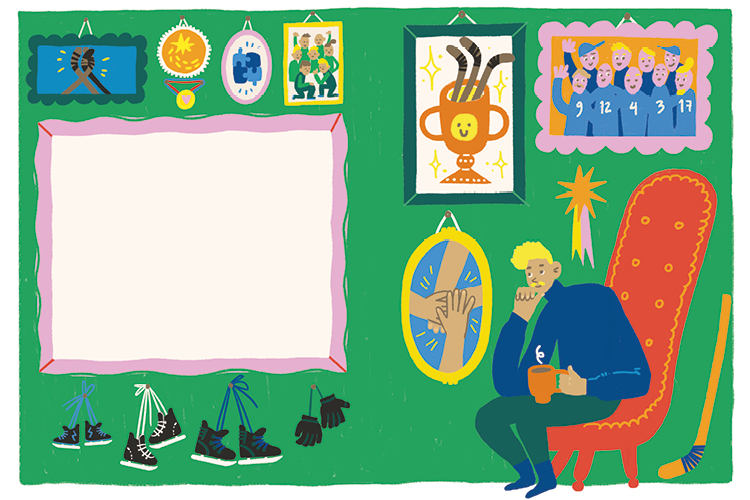
Work ability management is about caring
Many find “work ability management” a difficult term. Once you have gotten used to people management, should you now move on to managing work ability? Once you realise that you are still managing people, the term no longer feels so complicated any more. Work ability management has direct impacts on employees’ well-being and productivity and









